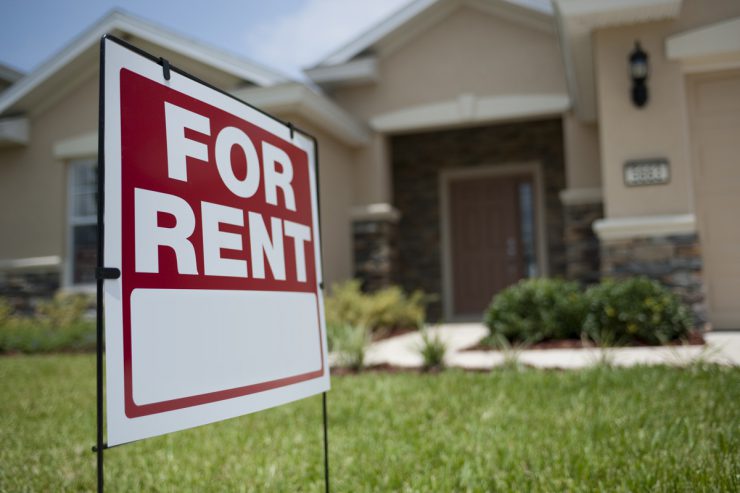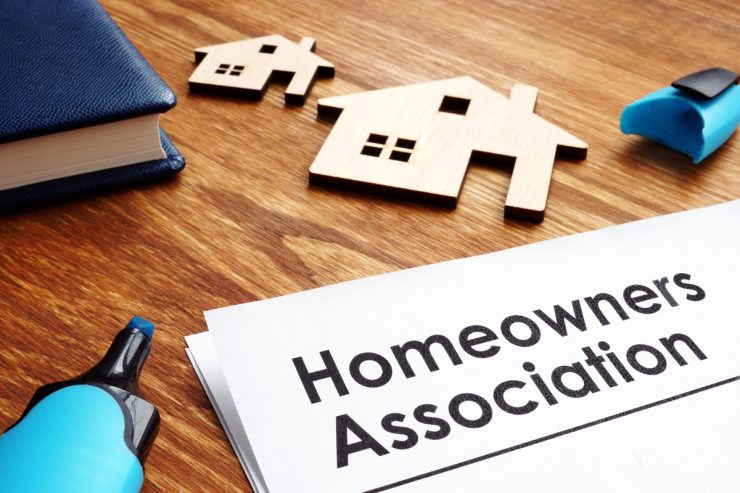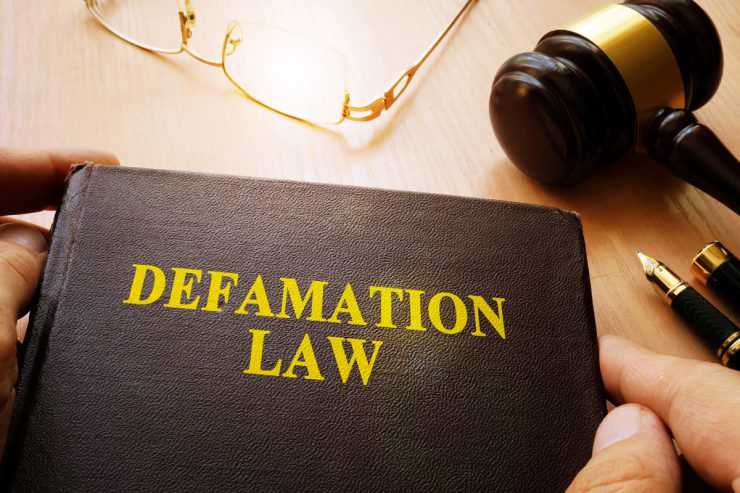Is Picking a Good Holiday Wine like Picking a Good Attorney?
As we approach the holidays, we often find ourselves in the hunt for a good bottle of wine to give as a gift. Each year the process of selecting a bottle of wine reminds us of challenges of picking a good attorney. How do we know when we have selected the right wine for the occasion or the right attorney for the project? On reflection, the considerations in making the selections are very similar.
Stores
It seems like we can find wine sold in grocery stores, gas stations, pharmacies, and even in some department stores. Similarly, lawyers are in homes, strip malls, bank buildings, and office complexes, among other locations. Although one may find an excellent wine being sold in a gas station, it is a given that there is a better chance of finding that fine wine in a store that sells wines. So it is with attorneys, you may find an excellent attorney who practices out of his or her home, but you are more likely to find a skilled attorney working in a professional office for a law firm that includes the exact type of law that you need.
Bottles
Wine comes in attractive bottles of different shapes and sizes, some looking traditional and others stylized to catch your eye. Attorneys likewise have a wide variety of appearances, some traditional and some progressive. Can you judge the quality of the wine by the appearance of the bottle and more importantly for our discussion, can you judge the quality of the lawyer by his or her appearance? Human nature tells us that, yes, we want the bottle of wine to look impressive much like we want our attorney to look appropriate for the task. So we conclude that appearance is a factor, whether we like it or not. But, is it true that good wine must be in an appropriately attractive bottle? No. The same is true for lawyers; appearance is not an indication of quality.
Names
As we pass by the wide variety of wines on display, there are names that we recognize. There are names we do not recognize. Sometimes an exotic name creates an aura of being special, but sometimes an unfamiliar name is a signal of a one-off, somewhat out of place, and not likely to impress. For lawyers, it is much the same, as there are names that represent quality while other names are unknown or even out of place as you make your search for an appropriate attorney. Just as it is highly unlikely that an automobile manufacturer will create a wine appropriate for your occasion, it is also unlikely that an attorney whom you know for providing excellent advice in maritime law would provide you with that same high quality advice in community association law and vice versa.
Labels
The label on a bottle of wine may indicate that it was made with the finest ingredients in a faraway country. That sounds exotic and therefore creditable in the world of wine, however is it any different than the label applied in marketing by your prospective attorney indicating his or her traits and legal pedigree? Should you not check on the experience of the wine distiller and the actual experience of the attorney being reviewed? The answer is, yes. The winery creates the label. The lawyer creates his or her marketing. You are not buying labels. You are buying wine or hiring an attorney. Don’t be sold by the label.
Awards and Ratings
Distinguishing oneself in a competitive industry such as fine wines, or the practice of law, is challenging. To complicate matters for the consumer, there are many ratings and award systems and sources, some more reliable and objective than others. Unfortunately, there are some organizations which, for a fee, will publish and promote a wine or a lawyer with virtually no vetting process. Just as when selecting the right wine, the consumer should view such recommendations with healthy skepticism and scrutiny, look beyond the appearance created by accolades. The attorney best suited to handle your issue should be specifically experienced in the right legal specialty, rather than in a “blend” of general experiences which do not provide the nuanced knowledge that is critical to properly handle legal challenges. Look beyond the shiny appearance of awards and ratings and judge the lawyer by his or her fitness and experience to handle your legal issue, much like you should judge the wine for the occasion.
Descriptions
Descriptions abound in the advertising of law firms as well as wines. Is your attorney “aggressive?” Is your wine “bold?” Do you want those characteristics, and do you even know what that means, practically speaking? Descriptions of a lawyer’s characteristics, as in wine, may be somewhat helpful and illustrative of what to expect; however, a description is just based on someone else’s opinion, generally someone trying to persuade the consumer. Choosing the right attorney should not be based on passionate, descriptive language alone. To ensure the right fit, do not be solely convinced by descriptions; look for an attorney with the depth of quality only created through experience. The same, they say, for wines. We are skeptical of a 2019 vintage wine, probably with good reason.
References
We like to ask the clerk in the wine store to recommend a bottle. We can accept or reject the clerk’s recommendation, but it is almost certain that the clerk behind the counter in the wine store knows more about wines than we do. In picking an attorney to represent a community association, seek references from people who know community association attorneys. The best references come from people who work in the area of law. He or she may be a judge, a lawyer, an accountant, a community association manager, or an engineer, if that person has regular contact with attorneys providing services to community associations. You are free to accept or reject those references. Consider the source and his or her opportunity to know quality just as we consider the recommendations of the clerk behind the counter.
Age
A newly minted attorney and a newly bottled wine may have a lot in common. They look good on the outside, but it is what’s inside that counts. Does your wine just taste like grape juice, or is it a carefully aged delicacy befitting the occasion for which it was chosen? Is your attorney fresh out of school, eager to aggressively represent you, but without experience applicable to your issue? Or, has your attorney dealt with your specific problem before? If so, how many times and under what circumstances? Has your attorney successfully reached settlements for other clients dealing with your legal problem?
Keep in mind that passing the bar exam and obtaining a license to practice law is an accomplishment as is bottling a brand new wine. Exciting and long-anticipated, to be sure; however, passing the bar exam only demonstrates a grasp of the minimum foundation of understanding needed to practice law; and sometimes, a new bottle of wine is just fermented grapes. Experience, specific to the applicable area of law, is what provides the breadth and depth to successfully resolve your legal issue.
Free Samples?
The wine distributor’s representative in the grocery store will happily give you a taste of wine for free, hoping that you will buy the bottle. However, you can be certain the free sample is not from the carefully aged bottle of reserve. A fine bottle of wine does not need free samples to sell itself. This is a good example of “you get what you pay for,” and similarly applies to legal representation. When a lawyer offers below-market prices, or “freebies” to handle ancillary issues if you also bring other work to their firm, you may find yourself getting unfavorable outcomes, which can require exponentially more expensive fixes later, or worse, result in losing an opportunity forever. Picking an experienced attorney, qualified with the depth of knowledge to advise you correctly from the beginning, will not be free, or even cheap. However, in the long run, in legal representation, you get what you pay for and choosing an attorney because he or she is inexpensive (or free) may leave you disappointed and possibly paying heavily later on.
Cost
Does anyone want to give a cheap bottle of wine as a gift? We suspect that you would prefer to have an appropriately priced bottle; one that represents you well. The same concept applies to attorneys. A cut rate attorney is easy to recognize, like the cheap bottle of wine, and in the end neither provides value. Yet we know that many of us could not tell the difference between an expensive wine and a moderately priced quality wine. Here, there may be a difference. The attorney working at the “cheap” rate may take longer to accomplish the task. Assuming that the task is completed as it should be and ends up costing much more than the “expensive” attorney who charges that rate because he or she is worth it and does get the task completed efficiently, which attorney would you choose? That attorney may have years of experience, legitimate credentials that set him or her aside from his or her peers, and with experience that yields efficiency and quality and after all, isn’t that what you are looking for in your lawyer?
So, no easy answers, just considerations. Given the market place is crowded with so many bottles to choose from, pick the best quality that you can afford, based on doing your homework before you enter the store and do the same before you hire the lawyer.

Steven H. Mezer
Board Certified Condominium and Planned Development Law Attorney, Becker
Tampa
| bio

Carolyn Meadows
Attorney at Law, Becker
Tampa
| bio
 David G. Muller
David G. Muller




















